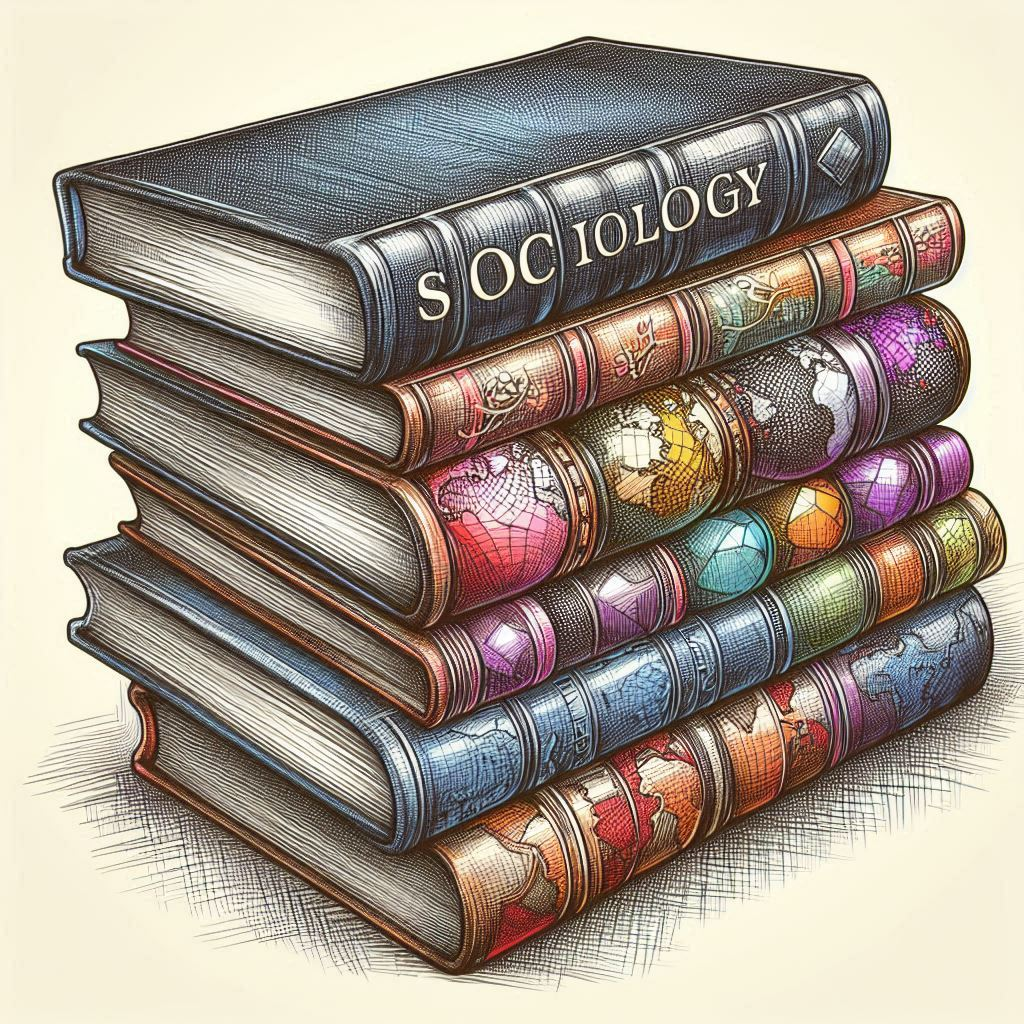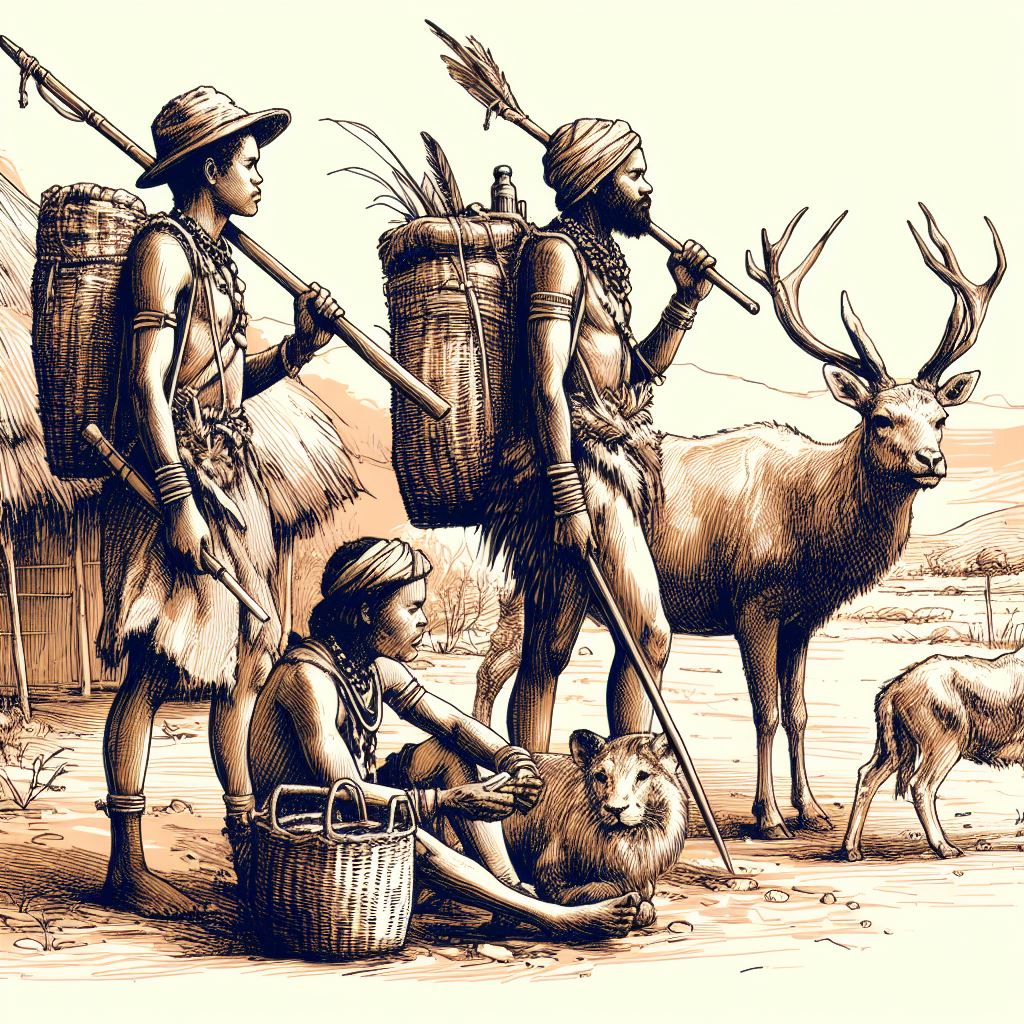In our daily lives, communication shapes our interactions, influences societal norms, and reflects cultural values. The field of communication sociology focuses on how communication impacts social structures and individual behaviors.

The study of communication in sociology focuses on how the exchange of messages – through language, symbols, gestures, and media – shapes and reflects our social world. On a day-to-day level, communication forms the backbone of our interactions, guiding how we connect, collaborate, and navigate relationships. For instance, the words we use and the nonverbal cues we display often signal our identities, intentions, and cultural affiliations.
Communication plays a key role in influencing societal norms, the unwritten rules governing behavior. Through repeated exchanges, these norms become embedded in everyday life, shaping what is considered acceptable or taboo within a society. For example, media narratives can normalize certain behaviors while stigmatizing others, subtly influencing public opinion and individual choices.
Moreover, communication reflects the values of a culture. Language and symbols carry deep meanings tied to historical and cultural contexts, revealing what a society prioritizes or deems significant. Whether it’s through storytelling, political rhetoric, or digital memes, these messages often mirror collective beliefs, anxieties, and aspirations.
Thus, communication is not just about transmitting information – it is a dynamic process that molds our social structures, influences power dynamics, and ultimately shapes how individuals experience and interpret the world.
Understanding Communication Sociology
Communication sociology examines the intricate relationship between communication and society. It explores how various forms of communication—such as verbal, non-verbal, and digital—affect social dynamics, cultural norms, and individual identities. This interdisciplinary field draws from sociology, communication studies, and media studies to analyze the role of communication in societal development.
Jurgen Habermas (1984) in The Theory of Communicative Action:
Habermas emphasizes the role of communication in creating mutual understanding and coordinating social actions. He defines communicative action as “interaction coordinated through the exchange of speech acts, aiming at achieving understanding and consensus rather than strategic success.” This highlights communication as foundational to social integration and the reproduction of social structures.
Niklas Luhmann (1995) in Social Systems:
Luhmann frames communication as a systemic process where “information, utterance, and understanding come together to form a communicative act.” In his systems theory, communication is not simply an exchange between individuals but a self-referential process that constitutes and sustains social systems.
Herbert Blumer (1969) in Symbolic Interactionism:
Blumer underscores the interpretive nature of communication, noting that “humans act toward things on the basis of the meanings those things have for them,” and these meanings arise from social interactions. This perspective situates communication as central to the construction of social reality.
Stuart Hall (1980) in his Encoding/Decoding Model:
Hall argues that communication is not merely a linear transmission of messages but a complex process of encoding by producers and decoding by audiences within specific cultural and ideological frameworks. This perspective reveals how communication mediates cultural power and social norms.
Harold Innis (1951) in The Bias of Communication:
Innis examines how the form and medium of communication shape societal organization and cultural values over time. He argues that “the durability or portability of communication media influences the stability and scope of social systems,” linking communication technologies to historical social changes.
Key Concepts in Communication Sociology
Several foundational concepts are central to communication sociology:
- Symbolic Interactionism: This theory, developed by George Herbert Mead, suggests that individuals create and interpret symbols through social interactions, forming the basis of societal structures.
- Communicative Action: Introduced by Jürgen Habermas, this concept emphasizes the role of communication in achieving mutual understanding and coordinating actions within society.
- Hypercommunication: A term that describes the rapid increase in communication events, often facilitated by technology, leading to constant connectivity and its effects on social behavior.
The Role of Media in Society
Media plays a pivotal role in communication sociology by serving as a primary channel for information dissemination and cultural expression. The study of media sociology examines how media influences public opinion, reinforces or challenges societal norms, and contributes to the construction of social reality. Scholars analyze various media forms, including traditional outlets like television and newspapers, as well as digital platforms, to understand their impact on society.
Educational Pathways in Communication Sociology
For those interested in pursuing a career in this field, several academic programs offer specialized courses:
- Communication Studies and Sociology, BA: This combined major integrates the study of communication skills and processes with the study of social behaviors, providing a comprehensive understanding of both fields.
- Communication Arts/Sociology, Bachelor of Science/Master of Arts: This dual-degree program offers an in-depth exploration of media-related fields, combining management, marketing, and business administration aspects with sociological frameworks.
Career Opportunities
Graduates with expertise in communication sociology can pursue various career paths, including:
- Media Analyst: Evaluating media content and its impact on public perception.
- Public Relations Specialist: Managing communication between organizations and the public.
- Social Researcher: Conducting studies to understand social behaviors and communication patterns.
- Community Outreach Coordinator: Facilitating communication between organizations and communities to address social issues.
Conclusion
Communication sociology offers valuable insights into the ways communication shapes and is shaped by societal structures. By understanding the dynamics of communication within social contexts, we can better comprehend the complexities of human interactions and the societal frameworks they inhabit.


